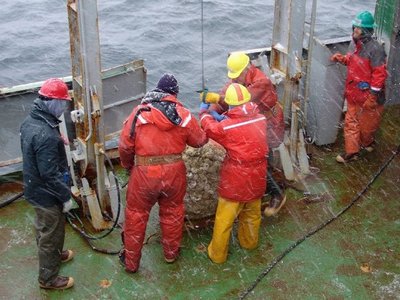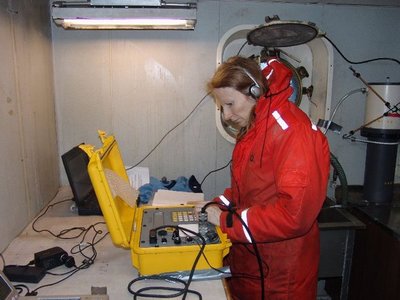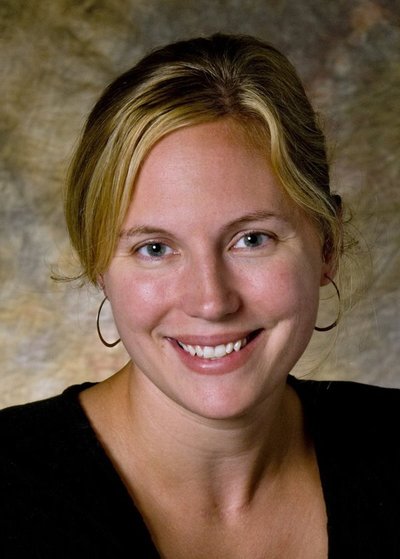August 20, 2009
From the Bering Sea to the Meany stage, federal stimulus funds support University’s work
By Sandra Hines & Catherine O’Donnell
UW News & Information
As of Aug. 9, the UW has received 108 federal stimulus awards totaling almost $42 million.
The UW is also one of the top five universities receiving economic stimulus money through the National Institutes of Health. In dollar amount, the UW is third — behind Johns Hopkins and the University of Michigan but ahead of Stanford University and the University of California, San Diego.
Grant awards began this past spring, after President Barack Obama signed the American Recovery and Reinvestment Act.
“We are on track to obtain a total of $250 million to $300 million in stimulus funds over the next two years, so we are about where I expected we would be at this time,” said Mary Lidstrom, vice provost for research.
The UW awards include a grant of more than $1.2 million from the National Science Foundation which will be used to investigate water flowing from the Pacific to Arctic oceans through the Bering Strait. This area is often called the Pacific Gateway to the Arctic because as a narrow body of water between Alaska and Russia, it’s the only place the Pacific and Arctic meet.
Pacific water is a rich source of nutrients for Arctic ecosystems and brings heat and freshwater. We need to understand how recent climate changes affect this important exchange of water, according to lead researcher Rebecca Woodgate, a senior oceanographer with the Applied Physics Laboratory.
The project will involve a year-round mooring in the strait from 2010-2013, serviced from a Russian research ship by a U.S. science team working with Russian collaborators. In addition to the monitoring, the project will make data available on a Web site, and students and the public will learn about the work through a teacher-at-sea program.
NSF is also funding a retrospective study led by George Hunt, a research professor of aquatic and fishery sciences.
He has been awarded $340,300 to research seabird responses to large-scale and long-term environmental change in the Bering Sea.
The ocean supports the vast majority of seabirds nesting in the United States, and data on their at-sea distribution and abundance have been accumulated for more than 30 years. Environmental changes can affect the prey on which seabirds depend, changing how they forage and possibly hurting their ability to reproduce. Changes in the distribution or abundance of these birds may indicate how climate variability or fishing activity is affecting the marine ecosystem.
Fisheries and wildlife managers will use Hunt’s information to reduce seabird by-catch and better manage the ecosystems and seabirds of the Bering Sea and Aleutian Archipelago.
Nearly all awards resulting from the stimulus act are for science and engineering projects, but a few fund arts and the humanities.
UW World Series, which presents music, theater and dance at Meany Hall, has won $50,000 from the National Endowment for the Arts, allowing Elizabeth Duffell to continue as director of education and associate programs manager. Funding cutbacks had jeopardized her job.
Duffell manages outreach programs for K-12 schools and the general public. In 2008, 10,500 students, many of them from disadvantaged neighborhoods, participated in UW World Series programs, which included free matinees. This year, the outreach program includes not only six youth matinees but also 75 school residency sessions, 35 pre-show lectures.
Loss of the educational outreach program would trigger a ripple effect because not only would students lose out, but so would the artists and their livelihoods, said Matthew Krashan, director of UW World Series. Also, he said, grant funders want to see plans for community education in grant proposals.





